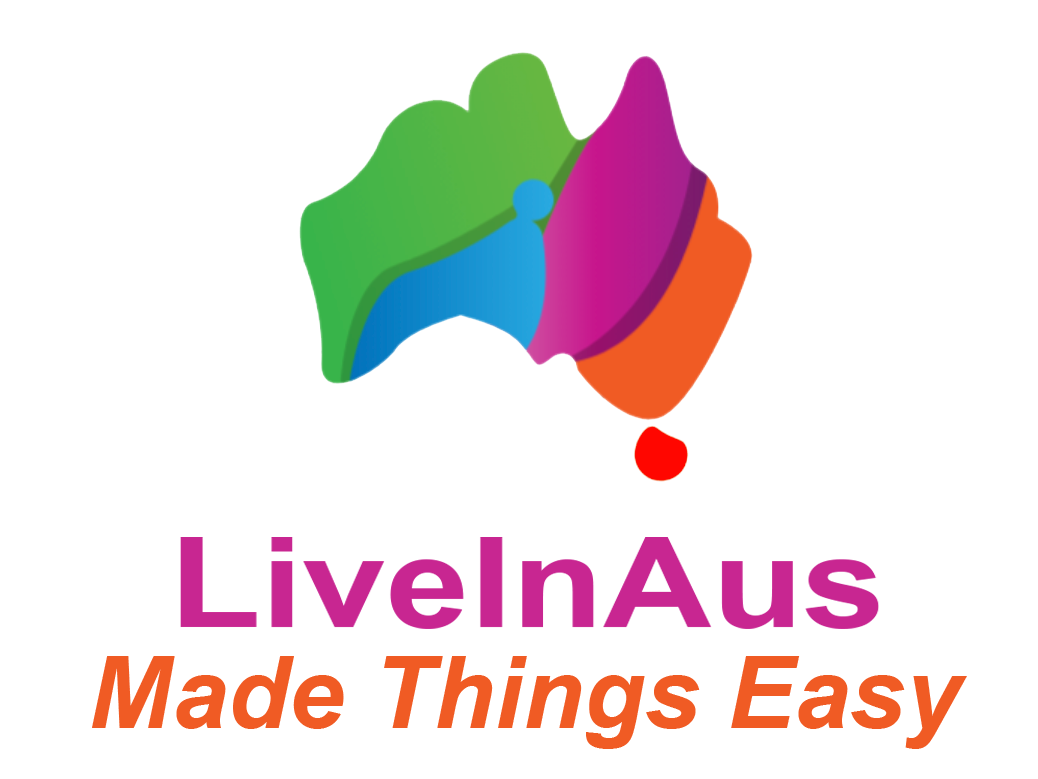Investing in property is one of the most popular ways to build wealth, but it’s essential to understand the full cost involved before diving in. The costs associated with owning an investment property can be significant, and it’s important to be prepared for both upfront and ongoing expenses. This guide will break down the key costs to consider when owning an investment property.
1. Purchase Costs
Before you even begin collecting rent, you’ll need to account for the purchase costs. These are typically one-time expenses that include:
• Deposit: Generally, investors need a larger deposit (often 20% or more) compared to first-home buyers.
• Stamp Duty: This is a government tax based on the property value, and it can vary depending on your location and the price of the property.
• Legal Fees: You’ll need a lawyer or conveyancer to handle the paperwork involved in the purchase process.
• Inspection Costs: This may include building and pest inspections to ensure the property is in good condition.
2. Mortgage Repayments
If you take out a loan to finance the investment property, mortgage repayments will be one of your most significant ongoing expenses. The amount you pay each month depends on the loan amount, interest rates, and the loan term.
3. Property Management Fees
Managing a rental property can be time-consuming. Property management companies handle the day-to-day operations, including finding tenants, collecting rent, and organizing repairs. Typically, these companies charge between 7-10% of the monthly rent.
4. Insurance
It’s vital to have insurance to protect your property from damage or theft. Landlord insurance is a good option, as it covers both property damage and potential loss of rental income if tenants fail to pay.
5. Maintenance and Repairs
Owning an investment property means you’re responsible for maintenance and repairs. These costs can range from minor fixes to major renovations, so it’s crucial to budget for regular upkeep.
6. Council Rates and Utilities
As the property owner, you will likely be responsible for paying local council rates, and depending on the lease agreement, you may also need to cover some utilities like water or trash collection.
7. Tax Considerations
While owning an investment property can provide tax deductions (such as depreciation, property management fees, and mortgage interest), it’s also important to be aware of potential capital gains tax when selling the property in the future.
8. Vacancy Periods
While not a fixed cost, it’s essential to factor in the possibility of vacancy periods, where the property may be unoccupied and therefore not generating rental income. Having a financial buffer in place can help you manage these periods without too much stress.
Conclusion
Owning an investment property can be lucrative, but it’s not without its costs. By understanding and preparing for these expenses, you can better manage your investment and make informed decisions. Ensuring you have a solid financial plan in place will help protect your investment and maximize your returns.

Leave a Reply